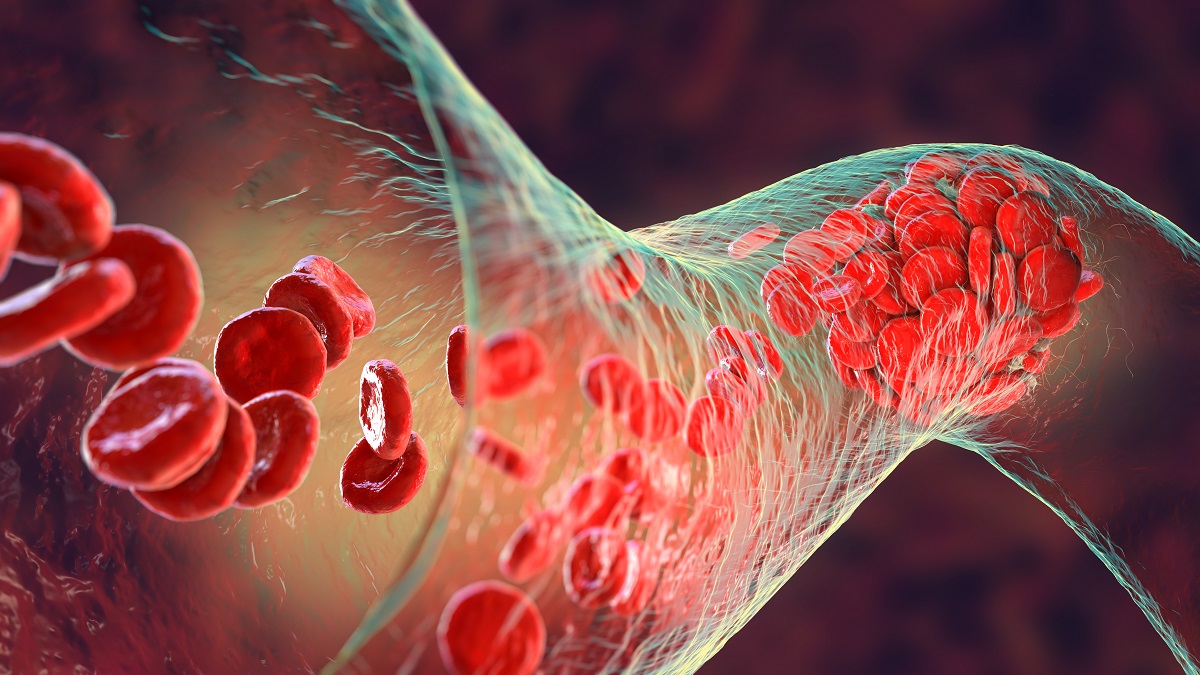KEY TAKEAWAYS
- Researchers aimed to analyze the E, LAG-3Ig + Pembro combo in the 1st line NSCLC cohort in TACTI-002, phase 2 study.
- The biomarker insights revealed systemic stimulation with Eftilagimod Alpha (E, LAG-3Ig) + Pembrolizumab in 1st-Line NSCLC.
Previous studies have demonstrated heightened levels of IFN-gamma, CXCL10, and absolute lymphocyte count (ALC) with Eftilagimod (E). For this phase 2, TACTI-002 study, researchers focused on the biomarker findings from the 1st line non-small cell lung carcinoma (NSCLC) cohort.
Patients diagnosed with measurable, first-line metastatic NSCLC, irrespective of PD-L1 status, participated in the study. Researchers focused on analyzing Th1 biomarkers (IFN-gamma, CXCL10), ALC, and gene expression profiles (GEP).
Patients were administered E at 30 mg subcutaneously every two weeks for 8 cycles (1 cycle = 3 weeks), followed by once every 3 weeks. P was given intravenously at 200 mg every 3 weeks. Th1 samples were collected both early (before dosing, 8 times within 96 hours) and later (before dosing at 3 and 6 months).
Th1 levels were evaluated centrally using electrochemiluminescence immunoassay, while ALC was locally assessed on day 1 of each cycle. GEP samples were obtained before treatment initiation and at 3 months for centralized testing using the Nanostring nCounter® PanCancer Immune Profiling Panel.
Among the 114 patients, with a median age of 67 years ranging from 44 to 85, 74% were male. For 37% and 63% of the patients, the Eastern Cooperative Oncology Group Performance Status (ECOG PS) was 0 and 1, respectively.
Following the initial administration of E, levels of IFN-gamma and CXCL10 notably increased within 96 hours, maintaining significant elevation at 3 and 6 months before subsequent doses.
Observations revealed an initial rise in ALC from the baseline, sustaining throughout. Patients exhibiting disease control (including complete response, partial response, and stable disease, versus progressive disease, not assessable or not evaluable by iRECIST) displayed a significantly greater change in ALC (0.43 vs. 0.04; p=0.01).
Patients with an ALC increase ≥0.2 compared to <0.2×109/L before treatment experienced notably extended progression-free survival (mPFS 9.8 months vs. mPFS 6.9 months, respectively). As of the data cut-off on March 31, 2023, overall survival (OS) data remained incomplete.
Gene expression profiling (GEP) analysis highlighted increased expression of genes associated with T-cell functions, cytotoxicity, cytotoxic cells, and TH1 cells, particularly prominent in patients with partial or complete response.
The notable and consistent rise in circulating biomarkers and absolute lymphocyte count (ALC) validates the systemic activation triggered by the APC activator efti. These findings emphasized the crucial role of repetitive minimally-invasive liquid biopsies, such as blood sampling, in detecting this systemic stimulation.
Source: https://jitc.bmj.com/content/11/Suppl_1/A677
Clinical Trial: https://clinicaltrials.gov/study/NCT03625323
Forster M, Felip E, Majem M, et al595 Biomarker results from the 1st line non-small cell lung cancer cohort of TACTI-002: pharmacodynamic effects of combining eftilagimod alpha (soluble LAG-3) and pembrolizumabJournal for ImmunoTherapy of Cancer 2023;11:doi: 10.1136/jitc-2023-SITC2023.0595.



